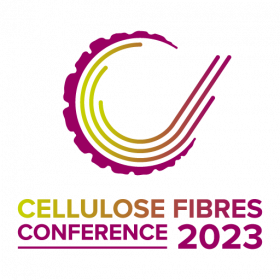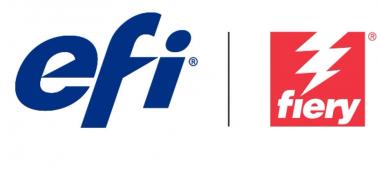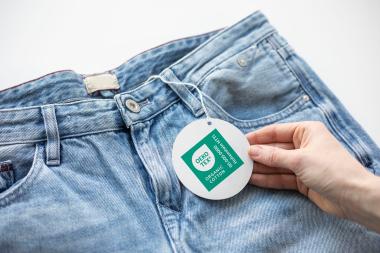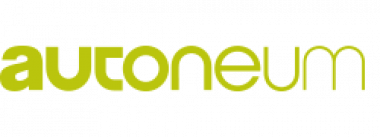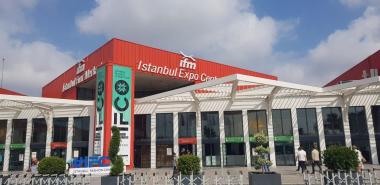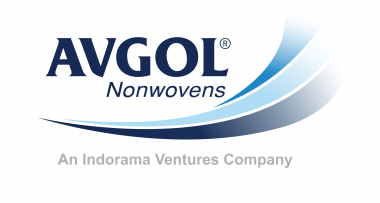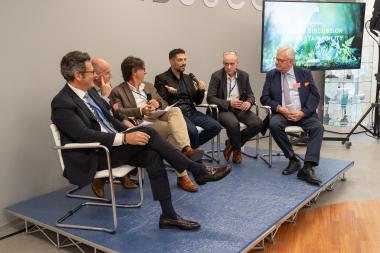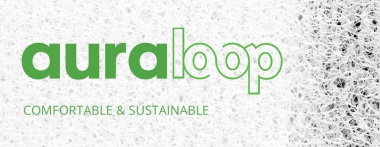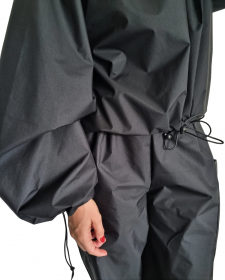NCTO: US Vice President Kamala Harris announces investments for industry
The National Council of Textile Organizations (NCTO), representing the full spectrum of the U.S. textile industry from fibers through finished sewn products, welcomed Vice President Kamala Harris’ announcement of $585 million in new textile and apparel investments and sourcing commitments in Central America.
“Over the past year, well over $1 billion of new textile and apparel investments have been announced in Central America and the United States,” said NCTO President and CEO Kim Glas. “The $585 million of investments and sourcing commitments announced today in the region will continue to build on the strong momentum of growth of nearshoring and onshoring these critical supply chains.”
“The investments and sourcing commitments announced today continue to build on the robust textile and apparel co-production chain between the U.S. and Central America,” said NCTO President and CEO Kim Glas. “We sincerely appreciate the administration’s commitment to this critical manufacturing sector that has contributed to the backbone of economic development in Central America and the United States. And we look forward to working with our retail and brand partners to continue to expand our vital manufacturing sector.”
Over the last year, substantial investments have been flowing into Central America, predicated on the Dominican Republic-Central America Free Trade Agreement (CAFTA-DR) and the co-production chain that facilitates $15.1 billion in two-way textile and apparel trade and supports more than one million workers in the U.S. and the region.
“We saw apparel imports largely containing U.S. textile inputs from the CAFTA-DR region jump 24 percent according to the latest government trade data and we have seen well over $1 billion in investments in the region,” Glas said.
Several NCTO members previously joined the Vice President last year to announce their investments and sourcing commitments, including Parkdale Mills, Unifi, and SanMar.
“These are just a few of the key investments in the region, which illustrates how this co-production chain is continuing to make sustainable investments that strengthen supply chain resilience, create job opportunities and investment in the U.S. and the region, and ensure transparency in our supply chains, as momentum grows for onshoring and nearshoring textile and apparel production,” Glas said. “That is a win-win for our industry and the region.”
NCTO






